Filter by
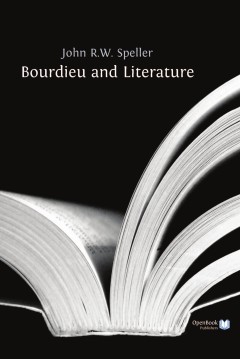
Bourdieu and Literature
One of the foremost French intellectuals of the post-war era, Bourdieu has become a standard point of reference in the fields of anthropology, linguistics, art history, cultural studies, politics, and sociology, but his longstanding interest in literature has often been overlooked. This study explores the impact of literature on Bourdieu's intellectual itinerary, and how his literary understand…
- Edition
- -
- ISBN/ISSN
- 9781906924447
- Collation
- 203 halaman
- Series Title
- -
- Call Number
- 800 SPE b
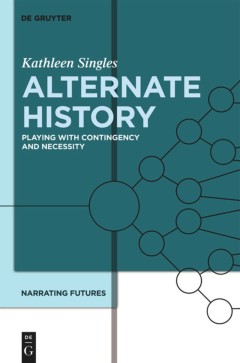
Alternate History : Playing With Contingency and Necessity
While, strictly speaking, Alternate Histories are not Future Narratives, their analysis can shed a clear light on why Future Narratives are so different from past narratives. Trying to have it both ways, most Alternate Histories subscribe to a conflicting set of beliefs concerning determinism and freedom of choice, contingency and necessity. For the very first time, Alternate Histories are here…
- Edition
- -
- ISBN/ISSN
- 9783110272475
- Collation
- -
- Series Title
- -
- Call Number
- 302.2 SIN a
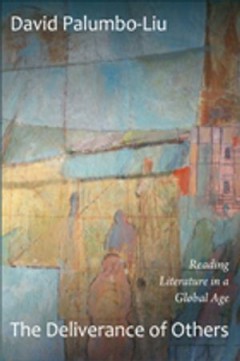
The Deliverance of Others : Reading Literature in a Global Age
The Deliverance of Others is a compelling reappraisal of the idea that narrative literature can expand readers' empathy. What happens if, amid the voluminous influx of otherness facilitated by globalization, we continue the tradition of valorizing literature for bringing the lives of others to us, admitting them into our world and valuing the difference that they introduce into our lives? In th…
- Edition
- -
- ISBN/ISSN
- 9780822352501
- Collation
- 240 halaman
- Series Title
- -
- Call Number
- 800 PAL d
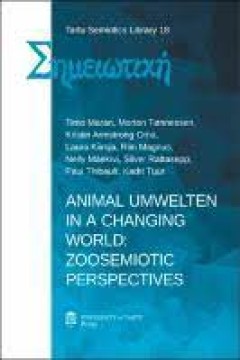
Animal Umwelten in a Changing World : Zoosemiotic Perspectives
The book raises semiotic questions of human–animal relations: what is the semiotic character of different species, how humans endow animals with meaning, and how animal sign exchange and communication has coped with environmental change. The book takes a zoosemiotic approach and considers different species as being integrated with the environment via their specific umwelt or subjective percep…
- Edition
- -
- ISBN/ISSN
- 9789949772810
- Collation
- 276 halaman
- Series Title
- -
- Call Number
- 400 MAR a

Theories in and of Mathematics Education Theory Strands in German Speaking C…
This survey provides an overview of German meta-discourse on theories and mathematics education as a scientific discipline, from the 1970s to the 1990s. Two theory strands are offered: a semiotic view related to Peirce and Wittgenstein (presented by Willibald Dörfler), and the theory of learning activity by Joachim Lompscher (presented by Regina Bruder and Oliver Schmitt). By networking the tw…
- Edition
- -
- ISBN/ISSN
- 978-3-319-42589-4
- Collation
- -
- Series Title
- -
- Call Number
- -
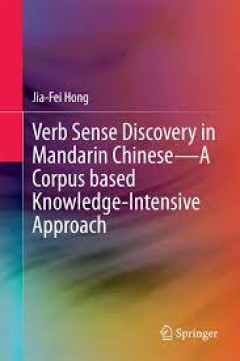
Verb Sense Discovery in Mandarin Chinese—A Corpus based Knowledge-Intensive…
This book applies linguistic analysis to the poetry of Emeritus Professor Edwin Thumboo, a Singaporean poet and leading figure in Commonwealth literature. The work explores how the poet combines grammar and metaphor to create meaning, making the reader aware of the linguistic resources developed by Thumboo as the basis for his unique technique. The author approaches the poems from a function…
- Edition
- -
- ISBN/ISSN
- 978-3-662-44556-3
- Collation
- XIV, 249
- Series Title
- -
- Call Number
- -
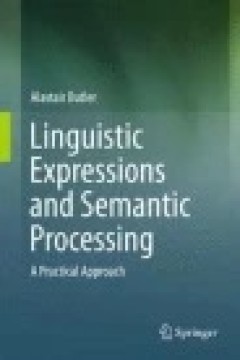
Linguistic Expressions and Semantic Processing: A Practical Approach
This book introduces formal semantics techniques for a natural language processing audience. Methods discussed involve: (i) the denotational techniques used in model-theoretic semantics, which make it possible to determine whether a linguistic expression is true or false with respect to some model of the way things happen to be; and (ii) stages of interpretation, i.e., ways to arrive at meaning…
- Edition
- -
- ISBN/ISSN
- -
- Collation
- -
- Series Title
- -
- Call Number
- -
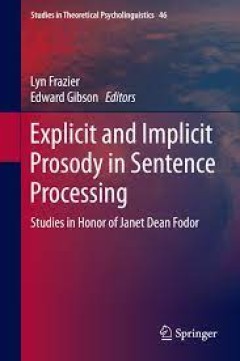
Explicit and Implicit Prosody in Sentence Processing Studies in Honor of Jan…
Top researchers in prosody and psycholinguistics present their research and their views on the role of prosody in processing speech and also its role in reading. The volume characterizes the state of the art in an important area of psycholinguistics. How are general constraints on prosody (‘timing’) and intonation (‘melody’) used to constrain the parsing and interpretation of spoken lan…
- Edition
- -
- ISBN/ISSN
- 978-3-319-12961-7
- Collation
- 50 b/w illustrations, 17 illustrations in colour
- Series Title
- -
- Call Number
- -
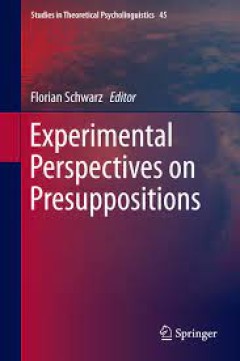
Experimental Perspectives on Presuppositions
This volume brings together some of the most recent developments in the field of experimental pragmatics, specifically empirical approaches to theoretical issues in presupposition theory. It includes studies of the online processing of presupposed content; investigations of the interpretive properties of presuppositions in various linguistic contexts; comparative perspectives relative to other …
- Edition
- -
- ISBN/ISSN
- 978-3-319-07980-6
- Collation
- 58 b/w illustrations
- Series Title
- -
- Call Number
- -
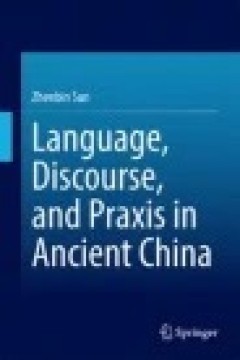
Language, Discourse, and Praxis in Ancient China
This book investigates Chinese comprehension and treatment of the relationship between language and reality. The work examines ancient Chinese philosophy through the pair of concepts known as ming-shi. By analyzing the pre-Qin thinkers’ discourse on ming and shi, the work explores how Chinese philosophers dealt with issues not only in language but also in ontology, epistemology, ethics, axiol…
- Edition
- -
- ISBN/ISSN
- 978-3-642-54865-9
- Collation
- -
- Series Title
- -
- Call Number
- -
 Computer Science, Information & General Works
Computer Science, Information & General Works  Philosophy & Psychology
Philosophy & Psychology  Religion
Religion  Social Sciences
Social Sciences  Language
Language  Pure Science
Pure Science  Applied Sciences
Applied Sciences  Art & Recreation
Art & Recreation  Literature
Literature  History & Geography
History & Geography